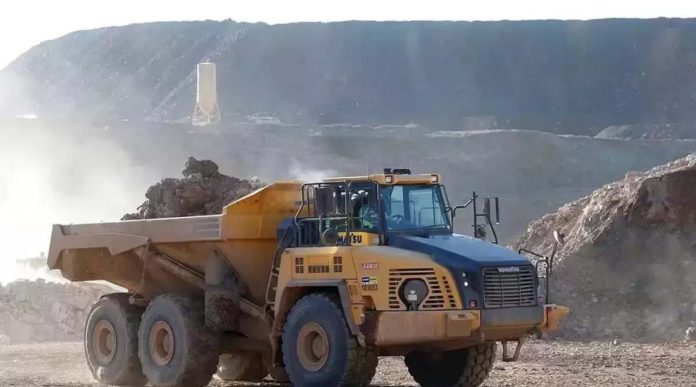NEW DELHI, Dec 29: The Government has cancelled the auction of 11 critical mineral blocks in the fourth round due to poor response.
While no bids were received for four blocks, the remaining seven mines got less than three technically qualified bidders, according to the annulment notice.
The four blocks which include tungsten and glauconite, are located in the states of Chhattisgarh and Arunachal Pradesh.
“Since there were nil bids received….the auction process for four mineral blocks stands annulled,” the notice said.
Critical minerals, such as cobalt, copper, lithium, nickel and rare earths, play crucial roles in the production of clean energy technologies, ranging from wind turbines to electric vehicles.
“Since there were less than three technically qualified bidders…the auction process of these seven mineral blocks stands annulled,” the notice said.
The government had earlier cancelled the auction of three critical mineral blocks in the third round, 14 blocks in the second round, and 14 in the first tranche of critical minerals as the response was lukewarm.
The government had earlier said that 24 critical and strategic mineral blocks have been sold in four rounds of auction.
“Out of 48 blocks put to e-auction, 24 have been successfully auctioned, including four mining lease (ML) and 20 composite licenses (CL) blocks,” the mines ministry had said.
India is all set to launch a Critical Mineral Mission in the upcoming year to secure vital resources for green energy and technology.
The initiative involves government, industry, and research collaboration, focusing on acquiring overseas assets like lithium and cobalt, particularly in Australia, and boosting domestic mining through auctions and roadshows.
With a series of high-profile roadshows abroad along with plans to acquire critical mineral assets in Australia, India is set to woo international investors and make its mark on the global mining map.
The countries are now racing in a bid to secure these vital resources, which include lithium and cobalt, through a complex web of policies and alliances, realising that critical minerals are the new lifeblood of the 21st-century economy.
According to an estimate by the World Bank, by 2050, the production of minerals, including lithium and cobalt, will need to increase by nearly 500 per cent in a bid to meet the growing demand for clean energy technologies.
At the same time, the International Energy Agency foresees that the rise in electric vehicles and battery storage will speed up the demand for these minerals at least 30 times by 2040.
Critical minerals are also the backbone of the semiconductor industry. As the country pushes to become a global hub for semiconductor manufacturing — a sector that is likely to reach one trillion dollars globally by 2030 — the need for a stable supply of critical minerals becomes even more urgent.
Semiconductors, tiny chips that power everything from smartphones to electric vehicles, depend heavily on materials like silicon, cobalt, and rare earth elements, in addition to access to technology. (PTI)


